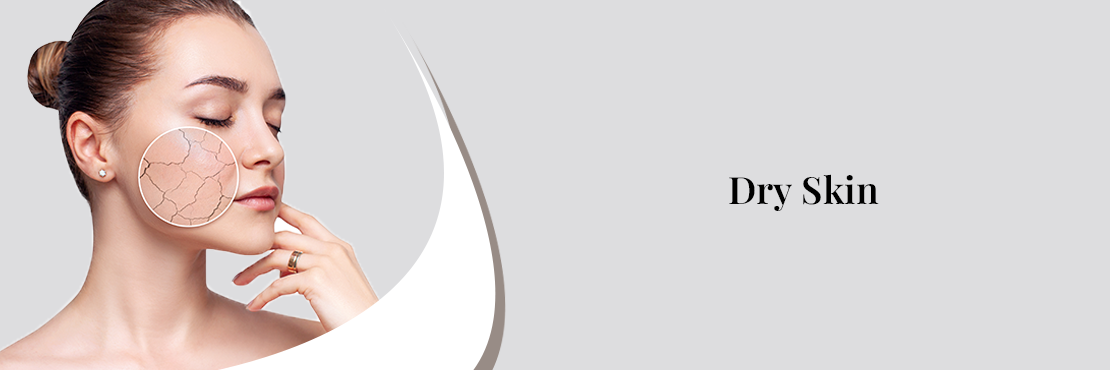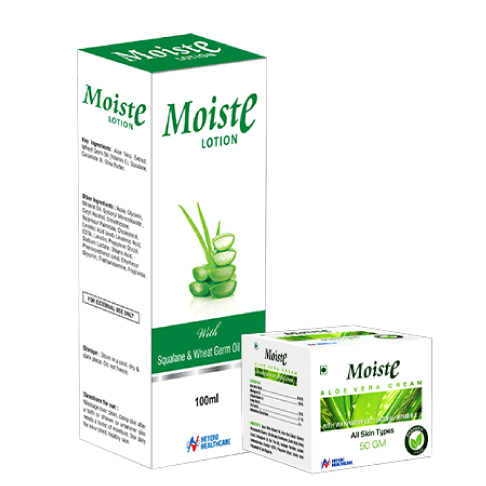Dry Skin

Dry skin is a common problem that affects anyone at any age. It occurs when your skin loses too much water and oil.
Dry skin makes the skin look and feel rough, itchy, flaky, or scaly. Dry skin, also known as xerosis or xeroderma, has many causes, which are:
- Heat: Central heating, wood-burning stoves, space heaters, and fireplaces reduce humidity.
- Environment: Living in cold, windy conditions or low-humidity climates.
- Too much bathing or scrubbing :Taking long, hot showers or baths or scrubbing your skin too much can dry your skin. Bathing more than once daily can also remove the natural oils from your skin.
- Harsh soaps: Many popular soaps and shampoos strip moisture from your skin because they are formulated to remove oil.
- Other skin conditions: People with skin conditions such as atopic dermatitis (eczema) or psoriasis are likelier to have dry skin.
- Medical treatments: Some people develop dry, thick skin after undergoing treatment for cancer, receiving dialysis, or taking certain medications.
- Aging: As people age, the skin thins and produces less of the oils needed for the skin to retain water.
Symptoms
Dry skin is often temporary or seasonal. Some people get it in the winter, while others get it during summer, which may require long-term treatment.
Below are the symptoms that vary based on age, health status, skin tone, living environment, and sun exposure.
- A feeling of skin tightness
- Skin that feels and looks rough.
- Itchiness (pruritus)
- Slightly flaking skin causes an ashy look that can affect dry brown and black skin.
- Slight to extreme scaling or peeling.
- Your skin looks like a cracked "dry riverbed"
- Fine lines or cracks
- Skin that ranges from reddish on white skin to greyish on brown and black skin
- Deep cracks that may bleed
Having dry skin is a hard slog every day, which disrupts daily routines.
If your skin's health remains poor after trying all remedies, it might be time to see a doctor.
When to see a Doctor
Dry skin responds efficiently to lifestyle changes and home remedies. However, if your skin condition persists, you may need to consult your dermatologist.
- Despite trying self-care measures, your symptoms persist.
- Inflammation or pain in your skin
- If Cancer treatments cause dry, thick skin.
- You feel so uncomfortable that you lose sleep or are distracted by your routine.
- You have scratch-induced sores or infections.
- You have large areas of scaly or peeling skin.
Skin care is essential! As you shed skin cells throughout the day, it's critical to keep your skin healthy and in good condition with good skincare products like Moiste. A proper routine can prevent acne, reduce wrinkles, and maintain healthy-looking skin.
Moiste - for instant hydration
With a non-greasy formula and instant hydration preventing water loss from the skin's surface, moiste can be used for various dry skin conditions.
Enriched with the goodness of aloe vera and wheat germ oil it keeps your skin supple and soft.
Whats more ?
It is paraben-free and safe.
Make Moiste a part of your skincare routine for hydrated and rejuvenated skin.

